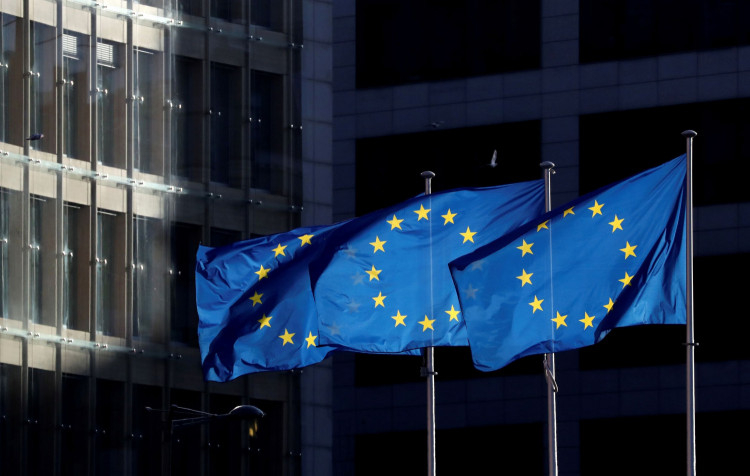In a significant development for the European economy, Euro zone inflation has dropped to a three-year low of 2.2% in August, according to flash estimates from Eurostat. This decline, from 2.6% in July, aligns with economists' predictions and intensifies discussions about potential monetary policy adjustments by the European Central Bank (ECB).
The core inflation rate, which excludes volatile components such as energy, food, alcohol, and tobacco, fell marginally to 2.8% from 2.9% in July. This core figure is also consistent with forecasts and reflects ongoing challenges in controlling underlying inflationary pressures.
The reduction in overall inflation was largely attributed to a decrease in energy prices, which have been a significant driver of inflation in recent years. In Germany, the euro zone's largest economy, inflation cooled more than anticipated to 2% on a harmonized basis, further contributing to the overall decline.
The euro's reaction to the inflation data was mixed. It traded 0.1% lower against the British pound, standing at 0.8408 pounds, while gaining 0.04% against the U.S. dollar to $1.1083. Market participants are now anticipating a rate cut by the ECB in its upcoming September meeting. The ECB's recent decision to lower interest rates from 4% to 3.75% in June marked its first reduction since 2019, and another cut of 25 basis points is expected this month.
Despite the positive headline figure, concerns remain about underlying inflationary pressures. Kyle Chapman, a foreign exchange markets analyst at Ballinger Group, noted that services inflation has risen to 4.2%, its highest level since October of the previous year. "The positive headline is purely down to energy price effects, and it masks the fact that little real progress in underlying pressures has been made here," Chapman stated.
Ed Smith, co-chief investment officer at Rathbones Asset Management, highlighted that while negotiated wages in the euro zone have dropped, signaling potential easing of inflationary pressures, there is still some stubbornness in the data. "Negotiated wages account for about 80% of the workforce. A significant drop in these wages might lead to further easing, but there's still some stickiness in the service sector," Smith said.
Bert Colijn, a senior economist at ING, remarked that core inflation is likely to remain above 2.5% for the remainder of the year. "The ECB is on a long home straight in terms of bringing inflation back to target," Colijn observed, while cautioning that "this remains a slow and gradual process of releasing the brakes on the economy."
In addition to inflation data, the euro zone unemployment rate unexpectedly edged down from 6.5% to 6.4%. This decrease adds complexity to the ECB's decision-making process, as falling unemployment can sometimes signal overheating in the labor market, potentially fueling inflationary pressures.
Financial markets are already pricing in a near certainty of a 25 basis point rate cut at the ECB's September meeting, with expectations for two more cuts before the end of the year. However, as Sam Miley, forecasting lead at the Centre for Business and Economics Research, pointed out, "The higher rate of core inflation and the tight labor market will present risk factors to implementing looser monetary policy."






